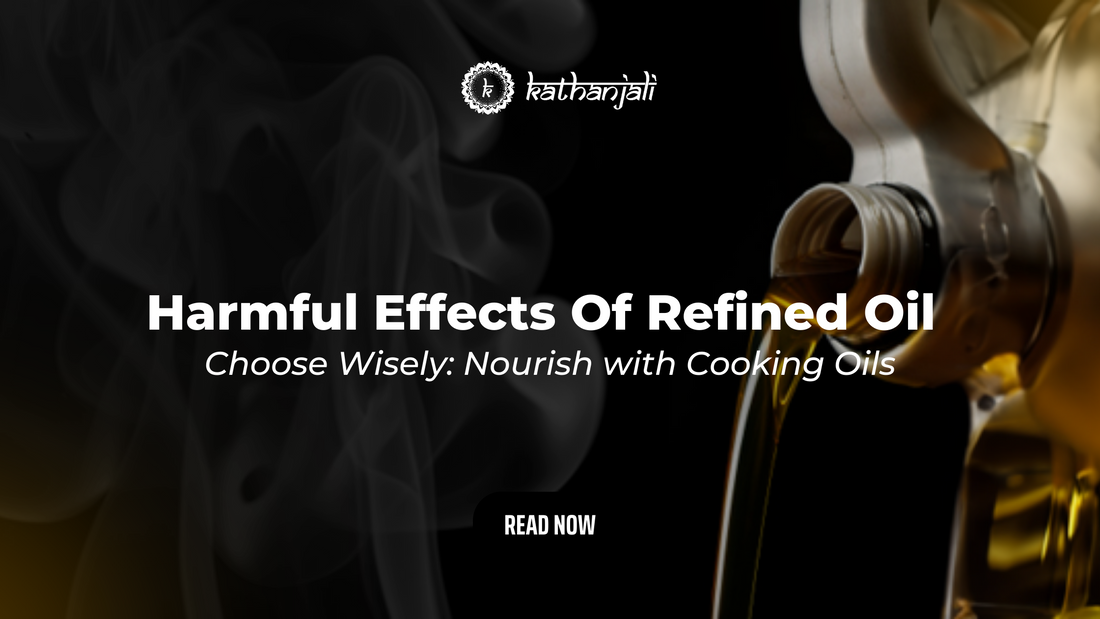Refined oils, while popular in modern cooking due to their neutral flavor and high smoke points, are not without their drawbacks. Refined oils, including commonly used varieties such as sunflower oil, soybean oil, and corn oil, undergo extensive processing to extract the oil from seeds or grains. This refining process typically involves high temperatures, chemical solvents, and deodorization techniques to remove impurities and create a clear, odorless oil. While this refining process may enhance the oil's shelf life and stability, it also leads to the depletion of essential nutrients and the formation of harmful compounds.
One of the primary concerns associated with refined oils is their high omega-6 fatty acid content. While omega-6 fatty acids are essential for human health and play a role in various physiological functions, excessive consumption of omega-6 fatty acids relative to omega-3 fatty acids can lead to inflammation and increase the risk of chronic diseases such as heart disease, diabetes, and obesity. Refined oils, particularly those derived from soybean and corn, are disproportionately high in omega-6 fatty acids, contributing to the imbalance in the modern Western diet.
Furthermore, the refining process used to manufacture these oils often involves the use of chemical solvents such as hexane, which can leave behind residues in the final product. While these residues are typically present in trace amounts and considered safe for consumption, long-term exposure to chemical solvents may pose health risks, including toxicity and adverse effects on the nervous system.
Additionally, the high temperatures used during refining can lead to the formation of trans fats, which are unsaturated fats that have been hydrogenated to improve stability and shelf life. Trans fats are known to raise levels of LDL (bad) cholesterol and lower levels of HDL (good) cholesterol, increasing the risk of heart disease, stroke, and other cardiovascular problems. While regulations have led to a reduction in the use of trans fats in refined oils, they may still be present in small amounts, particularly in products such as margarine and shortening.
Moreover, the refining process strips refined oils of their natural antioxidants and phytonutrients, which are compounds found in plants that have been shown to have various health benefits. Without these protective compounds, refined oils are more susceptible to oxidation and rancidity, leading to the formation of free radicals and other harmful byproducts that can contribute to oxidative stress and cellular damage in the body.
In conclusion, while refined oils may offer practical advantages in terms of shelf life and cooking properties, their consumption is associated with several harmful effects on health. From their imbalanced fatty acid profile to the formation of trans fats and the depletion of essential nutrients, refined oils pose significant risks to cardiovascular health, metabolic function, and overall well-being. As such, it is advisable to limit the consumption of refined oils and opt for healthier alternatives such as cold-pressed or expeller-pressed oils, which retain their natural integrity and nutritional value. By making informed choices about the oils we use in cooking, we can protect our health and promote longevity for ourselves and future generations.

